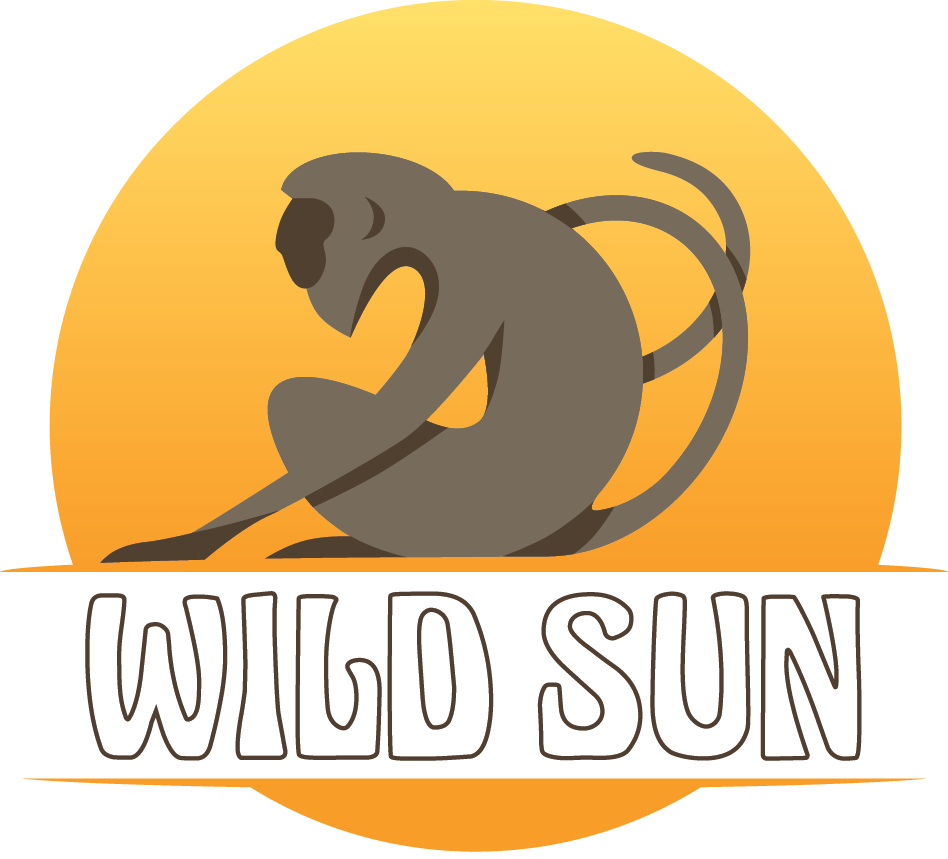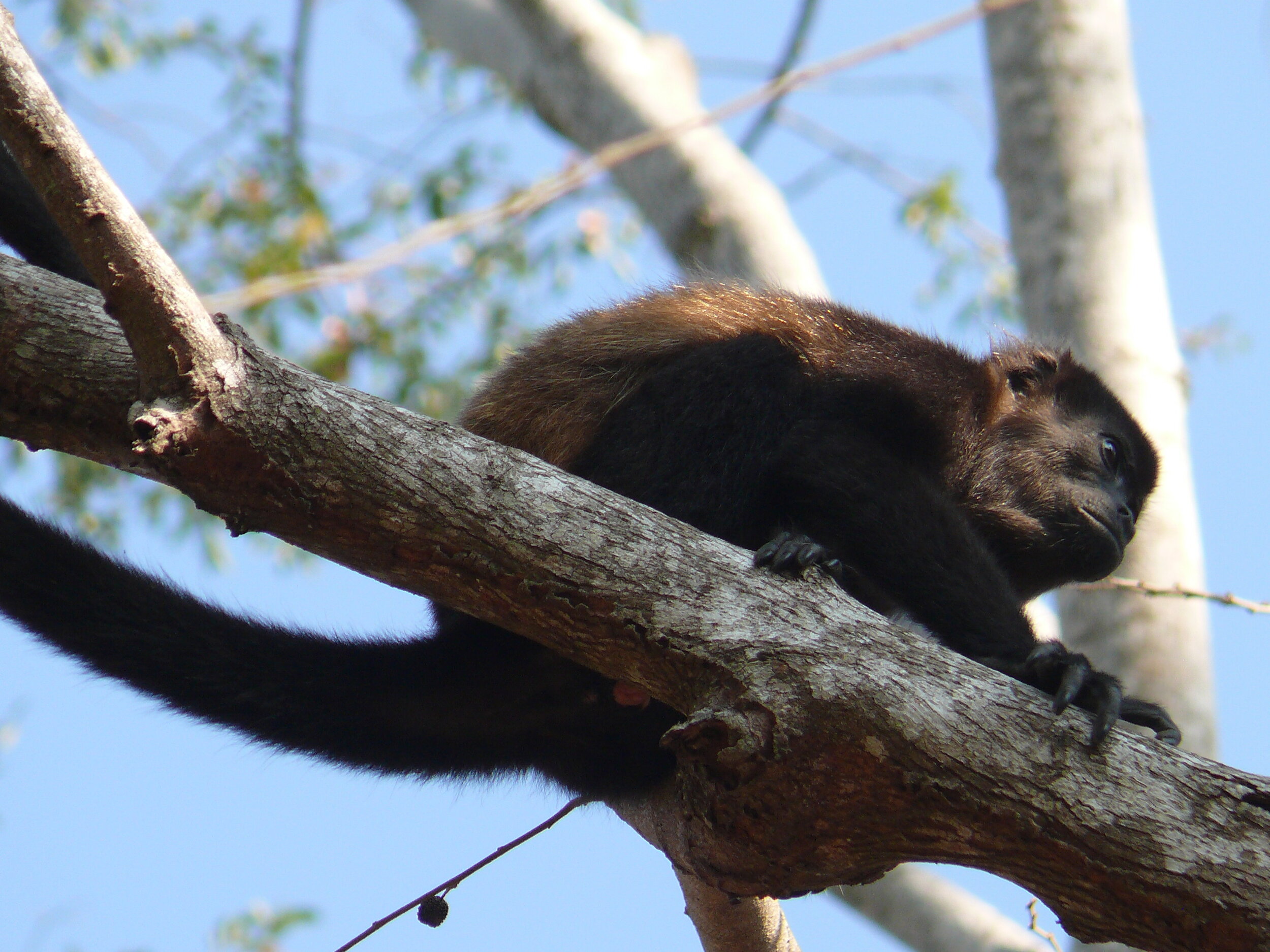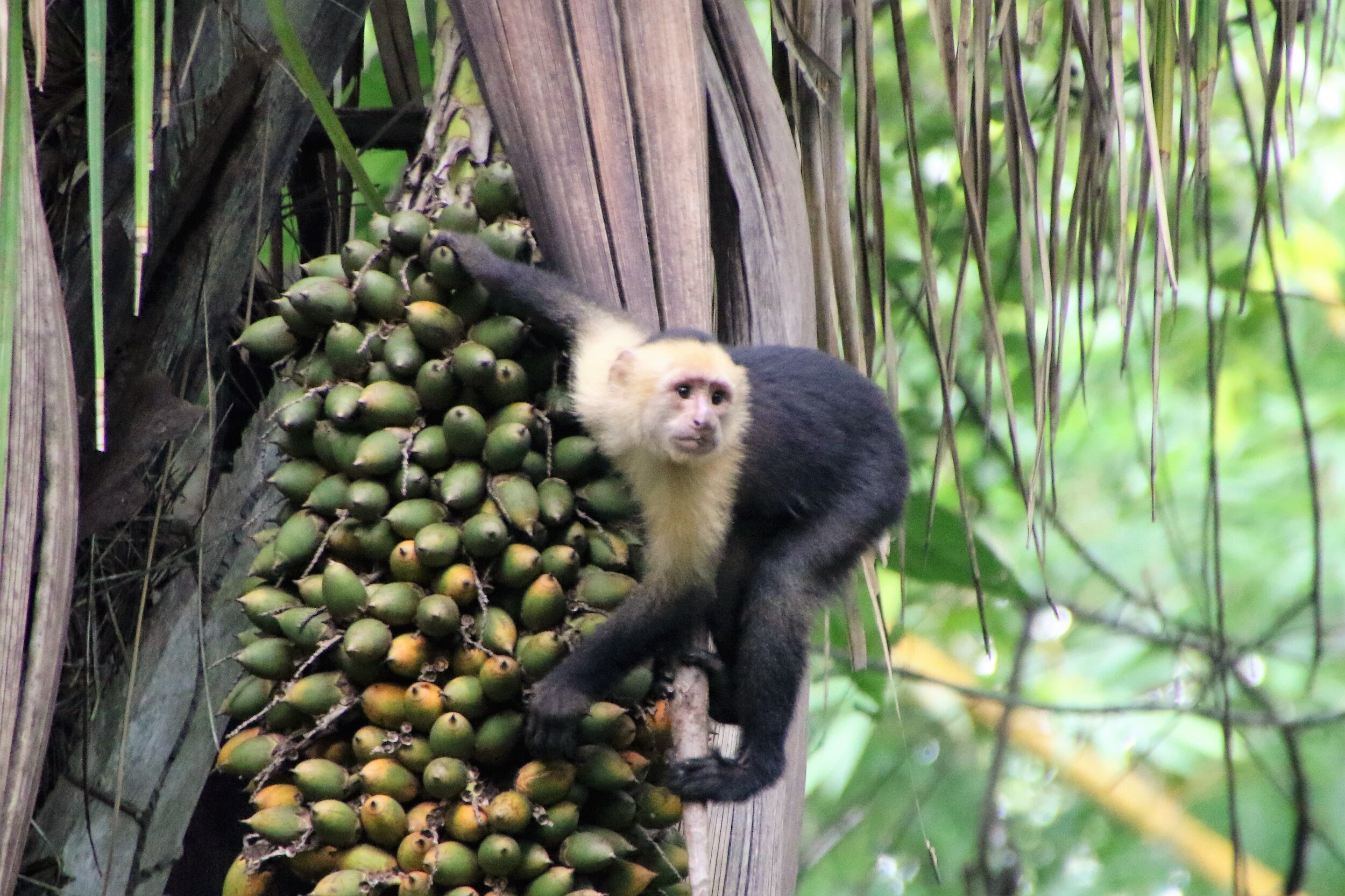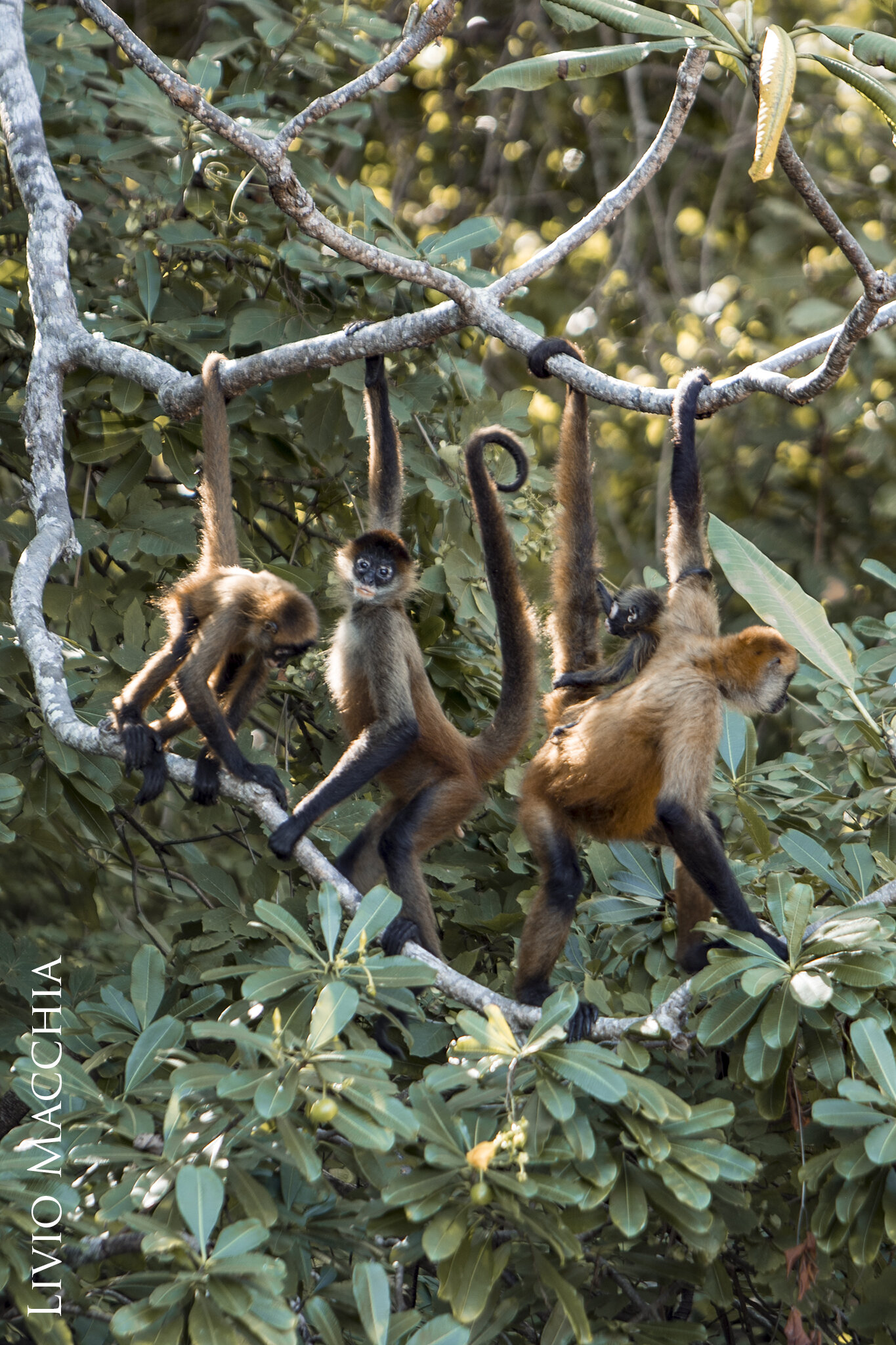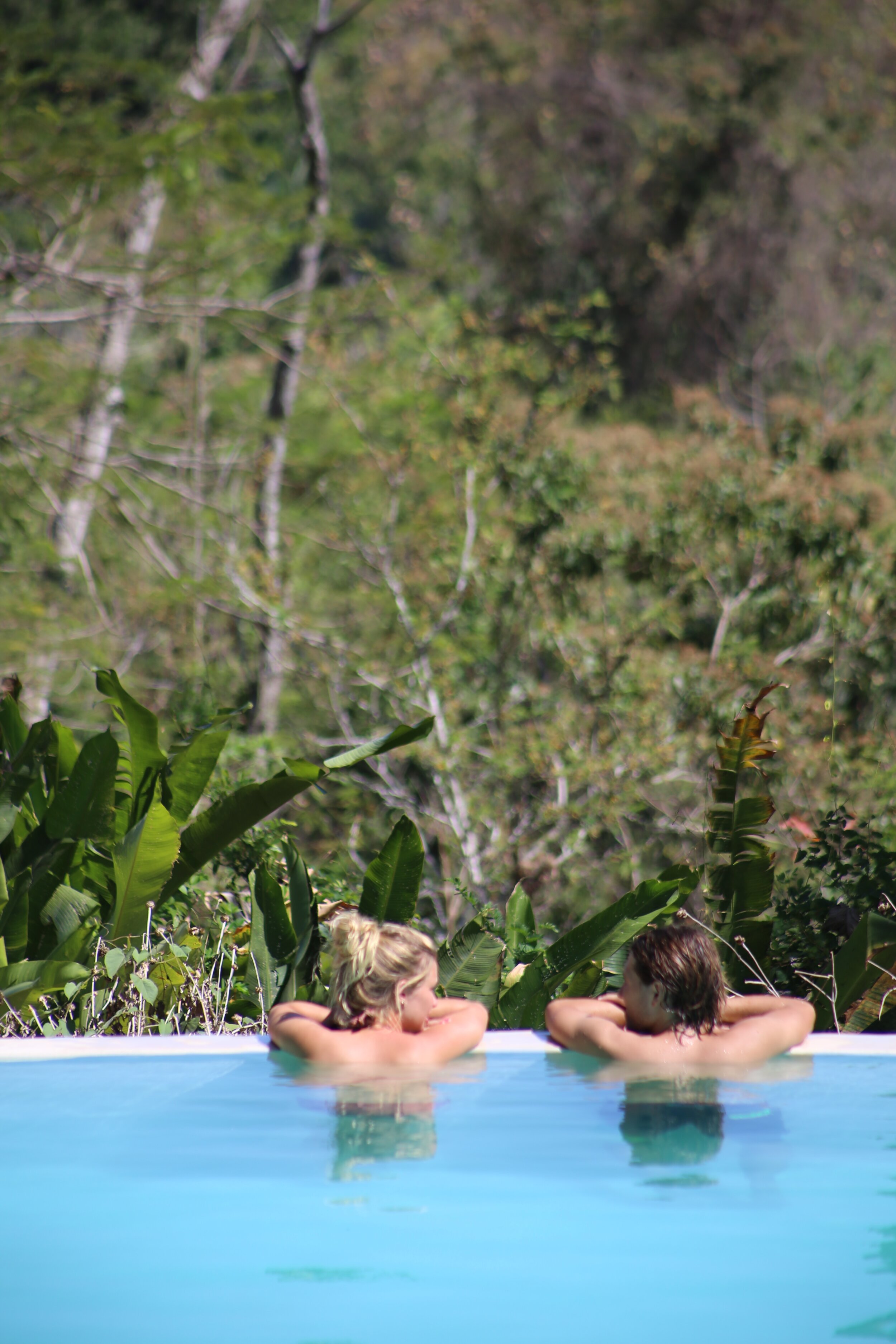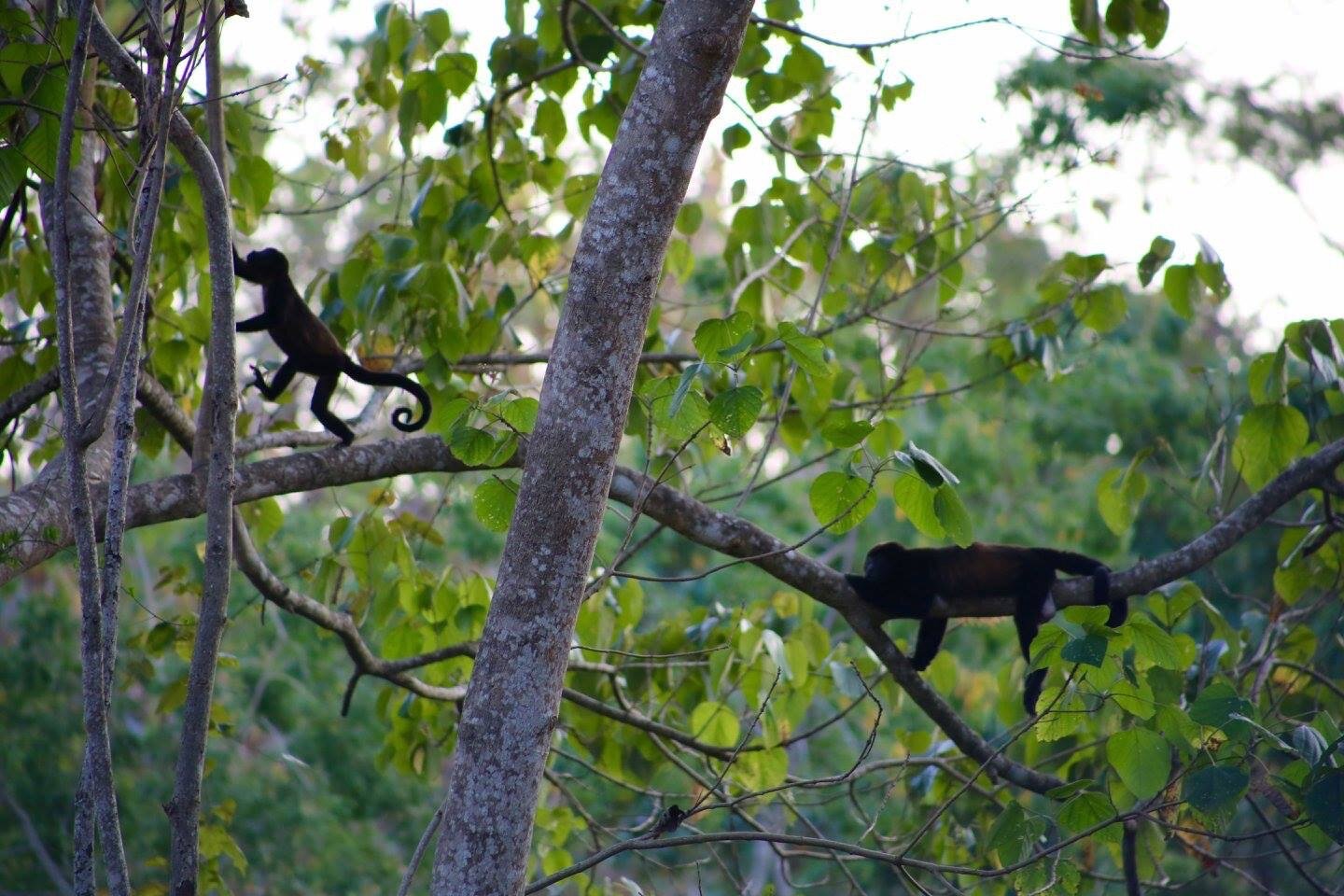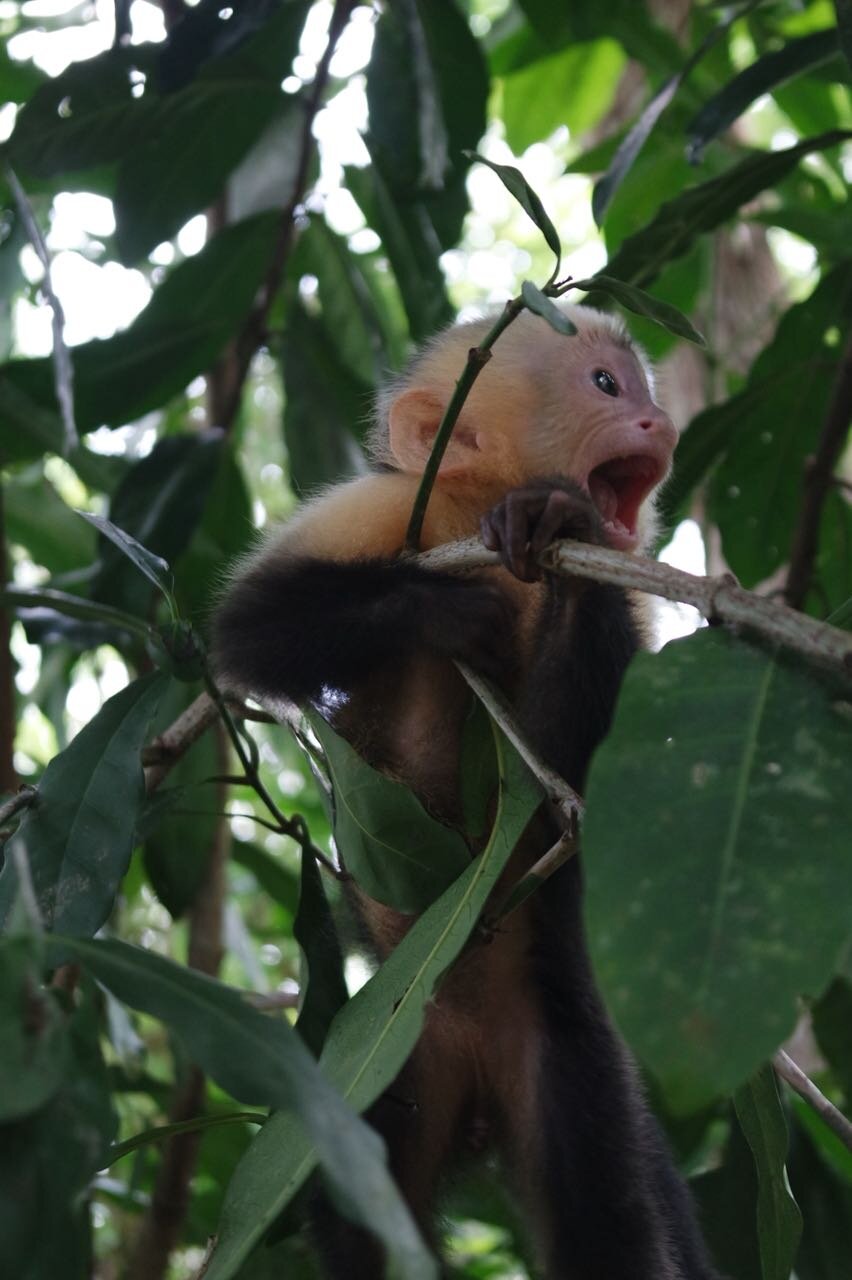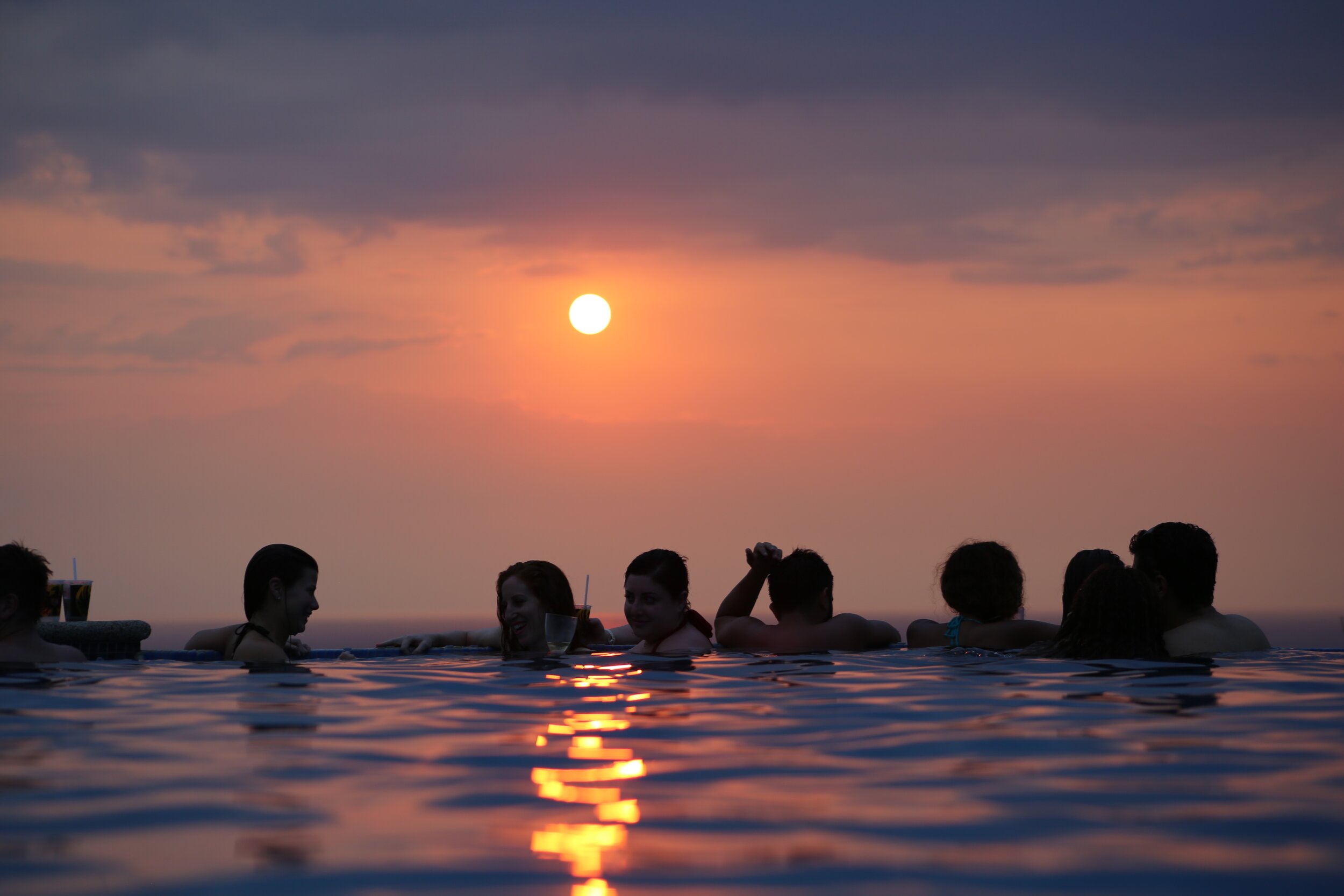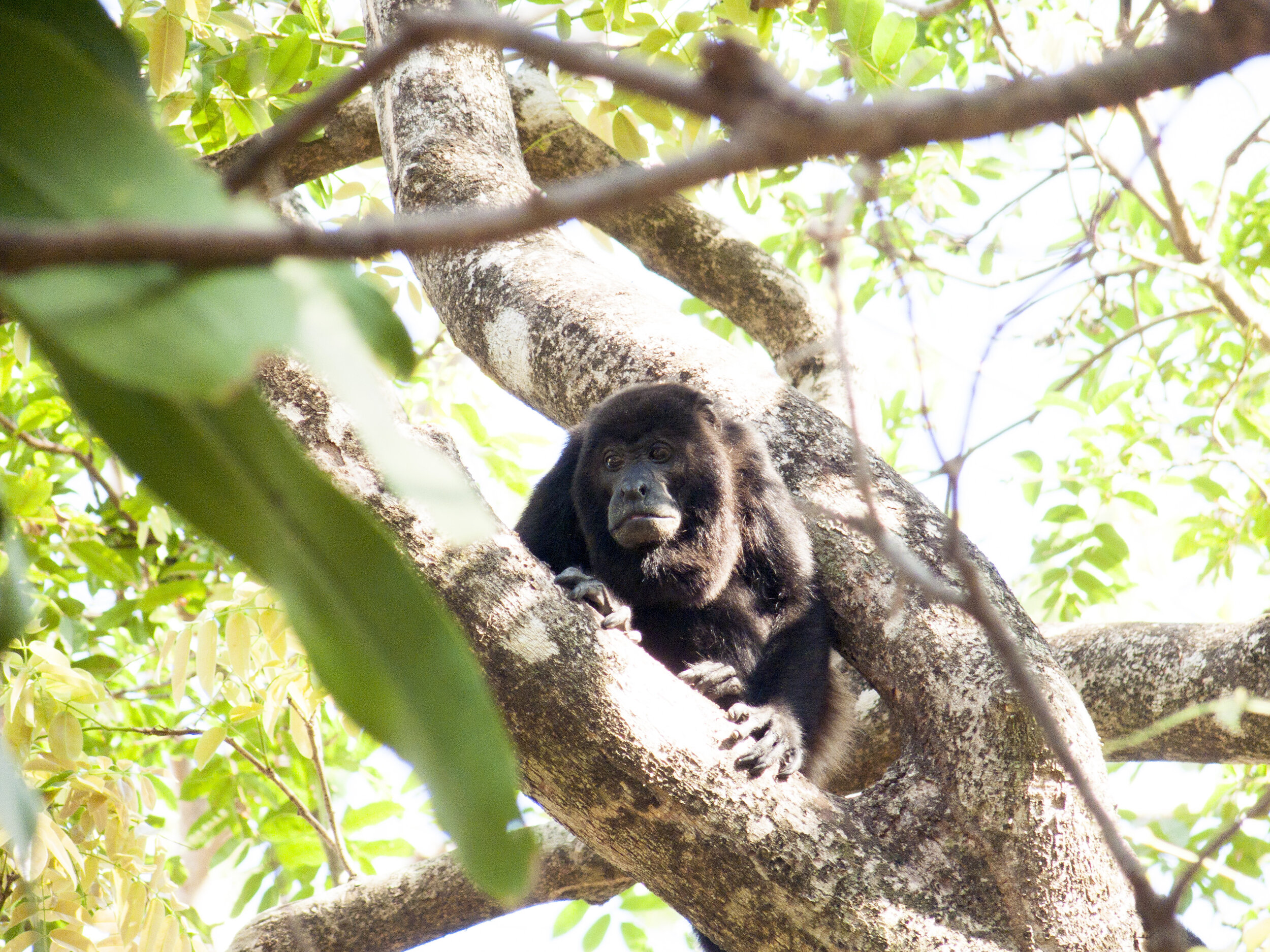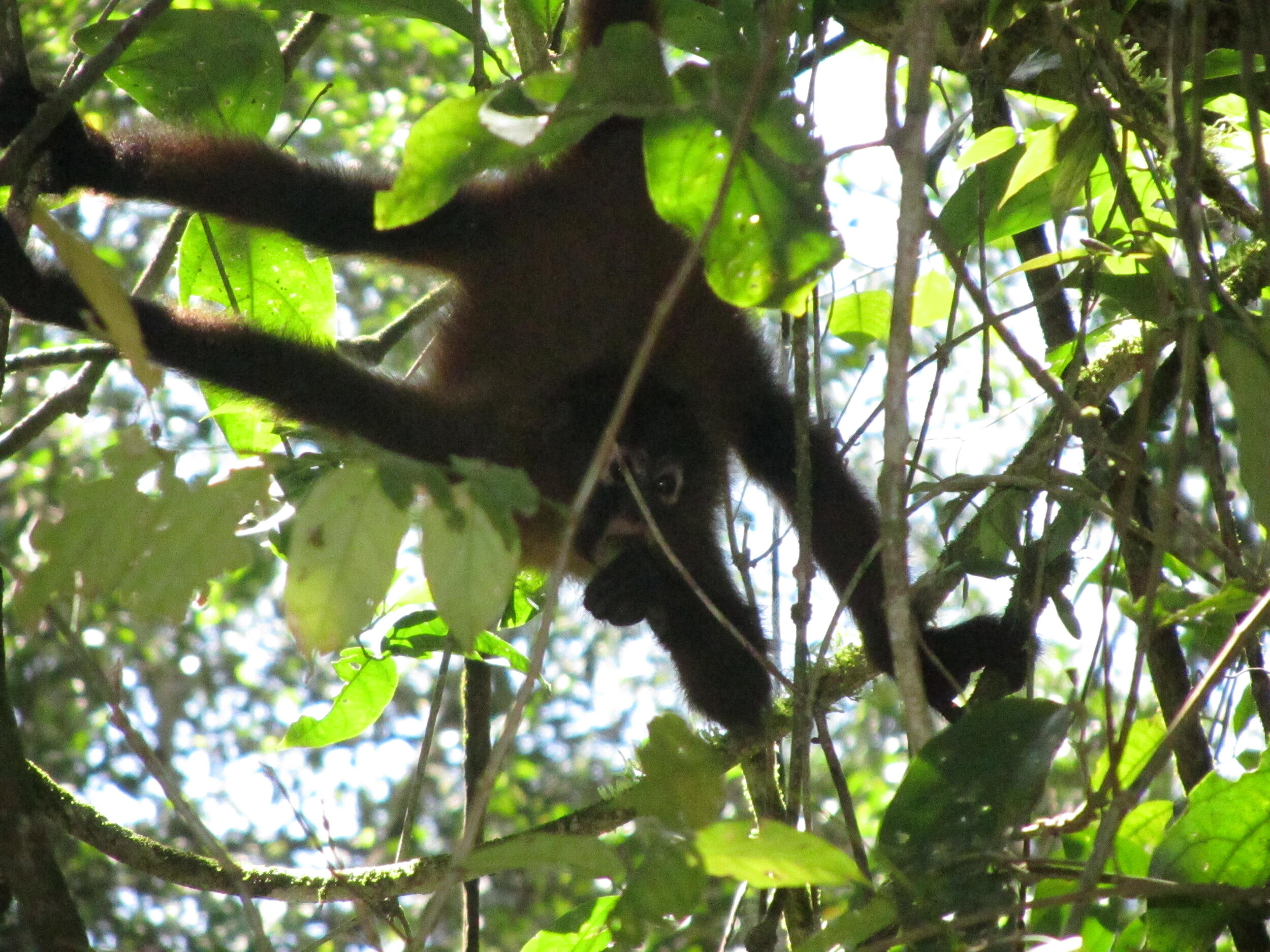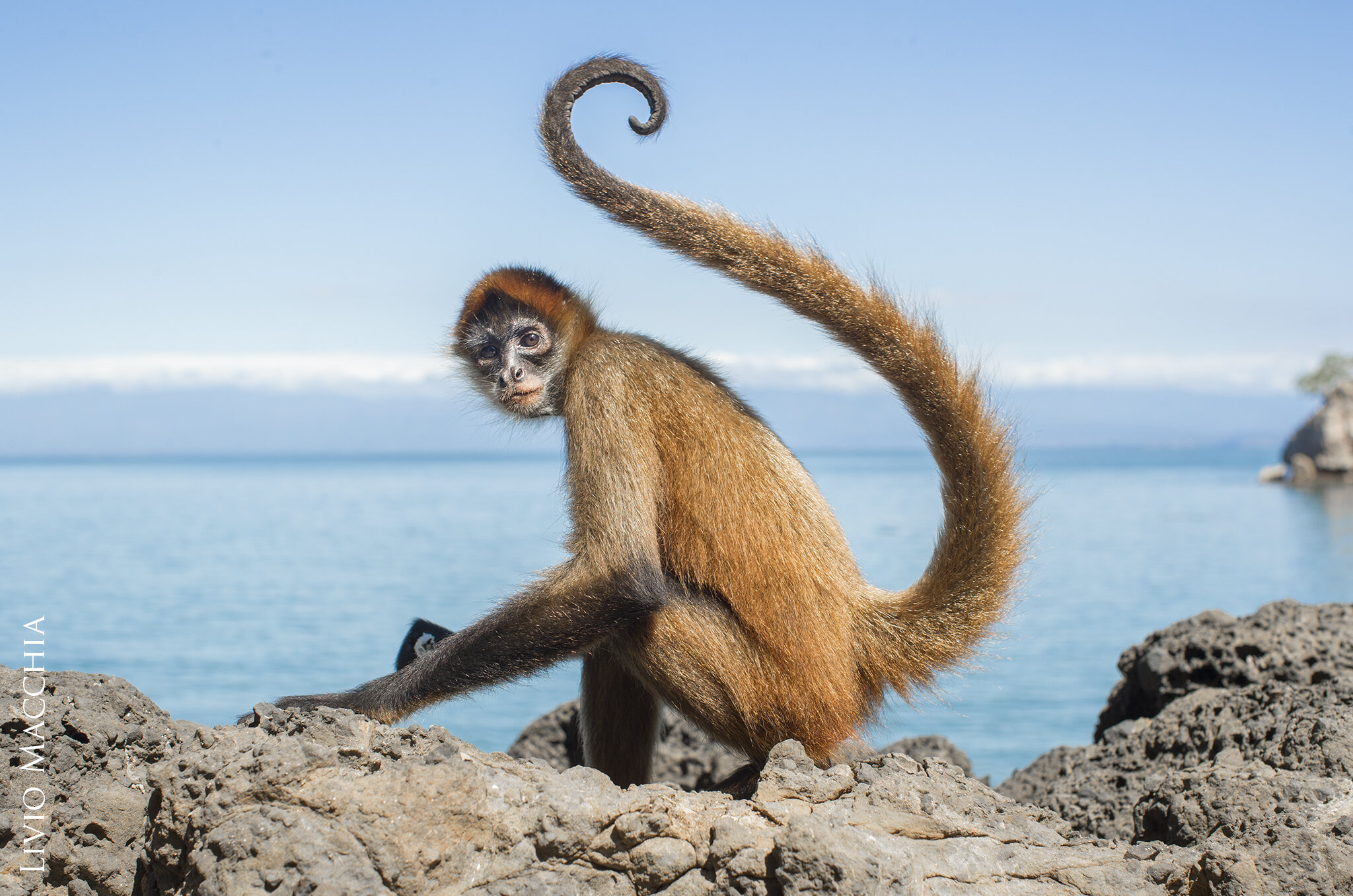Primatology Field Course
The Primatology Field Course is a 4-week introduction to research designed to provide students with a foundation in primate ecology, behavior, and field methodology. The course is located in a tropical forest which is home to two species of nonhuman primates: mantled howler monkeys (Alouatta palliata) and white-faced capuchin monkeys (Cebus capucinus). Through lectures, discussions, field exercises, and an independent research project, students will deepen their understanding of the core concepts in primatology and gain experience with common field techniques, while participating in excursions to some of the most successful research stations and conservation organizations the region has to offer. Costa Rica is home to some of the world's most unique habitats and is one of the most biodiverse, and thus exciting, places to conduct conservation and scientific research.
The course is led by Wild Sun’s on-site primatologist Dr. Melanie Mirville. Melanie has a PhD in primate behavior, and extensive experience working with primates in wild and captive settings across various countries. She has published several papers on wild primate behavior, presented her research at 4 international conferences, and has experience in primate rehabilitation.
During the first few days students will receive an orientation, learn about the local environment and species, and begin locating and observing the monkeys. The next phase of the course integrates traditional lectures, readings, discussions and field exercises to give the students a background in primate theory, conservation and common field techniques. Students will draw upon this knowledge as they design independent research projects and write proposals. During through the course, the students will visit local conservation organisations and research stations to gain insight from experts on a number of scientific and conservation approaches to gain a broader perspective of the complexities of primate conservation in Costa Rica. Time at the rescue center will involve students implementing their independent research projects and collecting data. During the last few days, students will complete their research report, and present their findings to the rescue center in a symposium style setting.
The proximity of Wild Sun Rescue Center to Cabo Blanco Nature Reserve, the oldest national park in Costa Rica, offers an incredible opportunity to study arboreal primates in a variety of different habitats, from tropical forests to pre-release enclosures. As tropical forests continue to disappear, it is increasingly important to understand how wild animals can thrive alongside human populations. Wild Sun is interested in understanding how native primates are affected by the human land use, how rehabilitated individuals compare to their wild counterparts, as well as initiating projects to promote effective conservation practices.
This field course is best suited for students at an advanced undergraduate or early postgraduate level, or recent graduates who have a keen interest, but little experience, in field primatology and wish to pursue a future in independent research.
Through this field course, students will:
Gain a significant understanding of primate behavior through observation and development of ethograms to quantify natural behaviors
Gain experience in all aspects of scientific research, including literature review, grant writing, study design, data collection, data analysis and formal presentation
Learn basic primate husbandry, including cleaning exhibits, preparing food and enrichment activities
Attend local field trips (both to interact with experts in the field and to explore the area during free-time) such as to local turtle hatcheries, scarlet macaw breeding and reintroduction sites, local research stations, butterfly breeding facilities, bioluminescence tours, Tortuga island and local waterfall excursions.
How It Works
Courses begin on set dates and last for 4 weeks. Check in is on Sunday and check out is on Saturday following your course.
2020 calendar:
jan 13, feb 10, mar 10, apr 7, May 19, jun 16, jul 14, aug 11, oct 27, nov 24
Program fee: $3,850
Many of our student participants receive grants and scholarships to attend from their schools. Please check with your student affairs and study abroad offices for what is available.
includes:
Poolside Shared Deluxe Accommodations with A/C, private outdoor bath with hot water showers, mini fridge, digital safe, satellite tv, ocean view, and patio with swing chairs. Maximum 3 people per room.
Professional Meal Plan including 3 meals a day Sunday through Friday plus breakfast on Saturdays (you have access to a shared kitchen between meals). On Saturdays you may choose to cook for yourself, participate in pot lucks or go out to one of the many delicious restaurants in Cabuya, Montezuma or Santa Teresa.
Academic materials
Excursions, outings and tours mentioned above
not included:
Flights
Transportation between San Jose and Cabuya
Saturday lunch and dinner
Extra transportation such as taxis to Montezuma and ATV rentals
